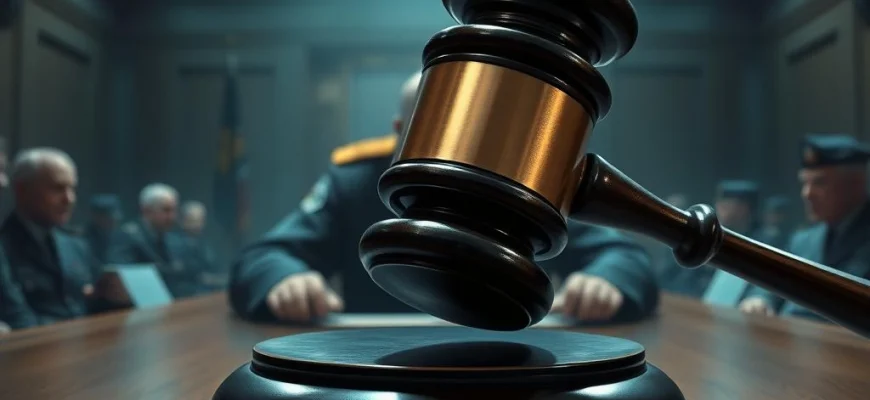If you were captivated by the tense courtroom drama and moral dilemmas of Conduct Unbecoming (1975), you'll love these 10 similar films and shows. This article explores gripping stories of honor, betrayal, and justice, perfect for fans of military intrigue and psychological depth.
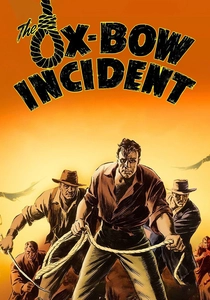
The Ox-Bow Incident (1943)
Description: A powerful Western that examines mob justice and the moral consequences of vigilante action. The film's narrative centers around a wrongful lynching and the guilt that follows.
Fact: The film was a box office failure upon release but has since been recognized as a classic. It was one of the first Westerns to address serious social issues.
 Watch Now
Watch Now 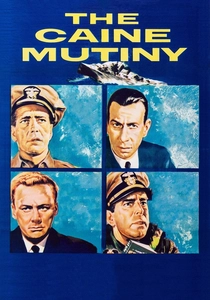
The Caine Mutiny (1954)
Description: A psychological drama set in the Navy, focusing on the breakdown of command and the ethical conflicts within a military hierarchy. The story examines the thin line between leadership and tyranny.
Fact: Humphrey Bogart's performance as Captain Queeg earned him an Academy Award nomination. The film was based on a Pulitzer Prize-winning novel by Herman Wouk.
 Watch Now
Watch Now 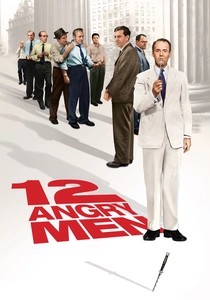
12 Angry Men (1957)
Description: A masterful courtroom drama that examines the dynamics of a jury deliberation, highlighting themes of prejudice, justice, and the power of reasonable doubt. The film is a tense, character-driven exploration of moral responsibility.
Fact: The entire film takes place in a single room, creating a claustrophobic and intense atmosphere. It was Sidney Lumet's directorial debut and is often listed among the greatest films of all time.
 Watch Now
Watch Now 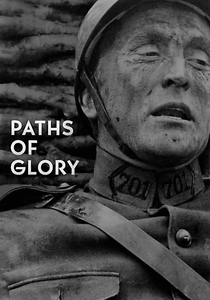
Paths of Glory (1957)
Description: A stark anti-war film that critiques the brutality and injustice of military leadership. The narrative revolves around the trial of soldiers accused of cowardice, highlighting the absurdity of war and the abuse of power.
Fact: The film was banned in France for nearly 20 years due to its controversial portrayal of the French military. It is often cited as one of the greatest war films ever made.
 Watch Now
Watch Now 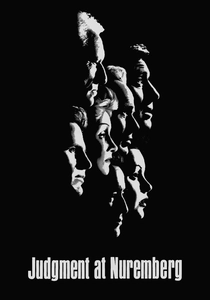
Judgment at Nuremberg (1961)
Description: A profound courtroom drama that tackles the complexities of justice, accountability, and morality in the aftermath of war. The film focuses on the trials of Nazi officials and the ethical questions they raise.
Fact: The film was inspired by the real-life Nuremberg Trials. It was initially made as a television play before being adapted into a feature film.
 Watch Now
Watch Now 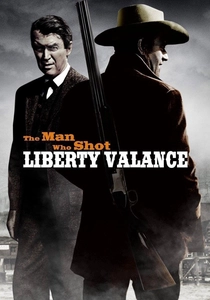
The Man Who Shot Liberty Valance (1962)
Description: A Western that delves into themes of justice, myth-making, and the conflict between law and frontier violence. The story revolves around a trial that questions the nature of truth and heroism.
Fact: The film is famous for its line 'When the legend becomes fact, print the legend.' It was one of the last great Westerns of Hollywood's Golden Age.
 Watch Now
Watch Now 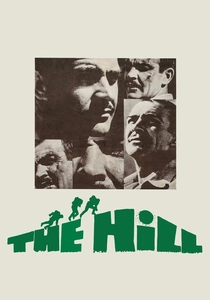
The Hill (1965)
Description: A tense drama set in a British military prison, examining the dehumanizing effects of authority and the struggle for dignity under oppressive conditions. The film critiques the rigid structures of military discipline.
Fact: The film was shot in black and white to enhance its gritty, realistic tone. It marked the first collaboration between director Sidney Lumet and actor Sean Connery.
 Watch Now
Watch Now 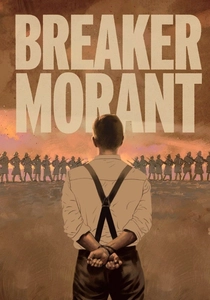
Breaker Morant (1980)
Description: A historical courtroom drama set during the Boer War, focusing on the trial of soldiers accused of war crimes. The film explores themes of scapegoating, military justice, and the moral ambiguities of war.
Fact: The film is based on a true story and was adapted from a stage play. It won several Australian Film Institute Awards, including Best Film.
 Watch Now
Watch Now 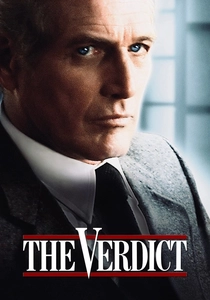
The Verdict (1982)
Description: A legal drama that explores themes of redemption, justice, and the fight against corruption. The story follows a down-and-out lawyer taking on a powerful institution in a malpractice case.
Fact: The film was nominated for five Academy Awards, including Best Picture. The screenplay was written by David Mamet, known for his sharp, dialogue-driven storytelling.
 Watch Now
Watch Now 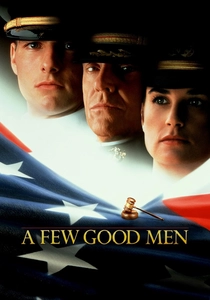
A Few Good Men (1992)
Description: A gripping courtroom drama that explores themes of military justice, honor, and the moral dilemmas faced by soldiers. The film delves into the tension between following orders and upholding personal ethics.
Fact: The famous line 'You can't handle the truth!' was voted as the 29th greatest movie quote by the American Film Institute. The film was adapted from a successful Broadway play written by Aaron Sorkin.
 Watch Now
Watch Now 
